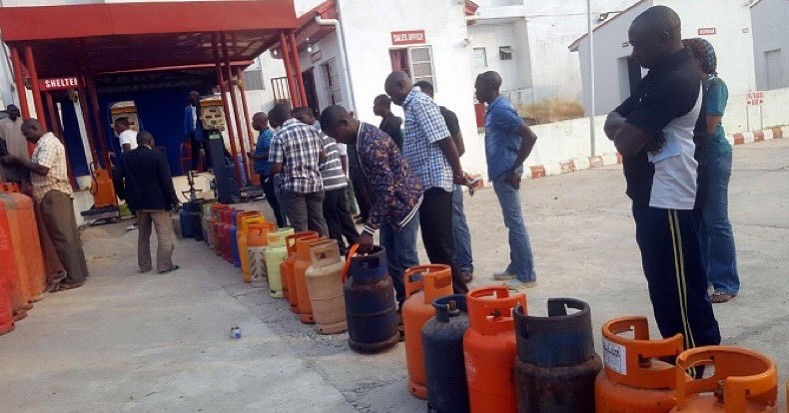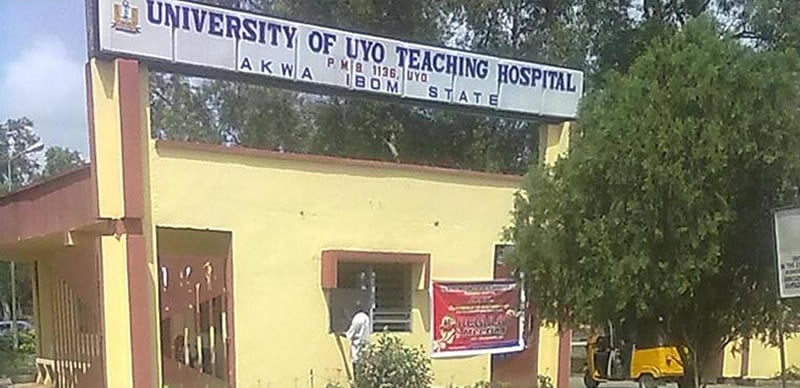Nigeria is losing an estimated $1.2–$1.3 billion every year to medical tourism as public officials, wealthy patients, and even routine cases leave the country for treatment abroad. Health experts say this drain is fueled by underfunded hospitals, weak diagnostic systems, and chronic brain drain — and they’re calling for bold reforms, including banning government-funded foreign care for top officials until Nigeria’s health sector is fixed.
Quick Facts
- $1.2b+ lost yearly: WHO official in Ondo cites health system fragility driving outbound care costs.
- Could be higher: Stakeholders at UNIMED Public Health Grand-Round warn true losses may approach $1.3b when indirect spending is counted.
- Leaders abroad: Former Presidents Muhammadu Buhari and Umaru Musa Yar’Adua received treatment in London; President Bola Tinubu has faced repeated scrutiny over trips to France.
- Budget gap: Nigeria has never met the 15% Abuja Declaration health funding target; 2025 health allocation ~₦2.48trn is still under 6% of federal spend.
- Human resource crisis: NMA says 15,000+ doctors left in 5 years; patient loads now as high as 1:8,000 in some estimates.
Lead Story
For years, Nigerians have watched political leaders, senior civil servants, and wealthy citizens fly to London, Paris, Dubai, India, and beyond for medical care, sometimes for conditions as treatable as malaria at home. Critics say these taxpayer-funded trips insult citizens who queue in under-equipped hospitals, pay out of pocket for drugs, or die waiting for basic surgery. The anger has boiled over as new data show the scale of the drain on the economy.
WHO Alarm: $1.2B Leaves Nigeria’s Economy Annually
At the 4th Annual Public Health Grand-Round hosted by the University of Medical Sciences (UNIMED), Ondo, the World Health Organisation (WHO) Coordinator in Ondo State, Dr. Habibu Yahaya, warned that health system fragility is costing Nigeria roughly $1.2 billion each year in medical tourism outflows. He linked the losses to epidemic shocks, poor funding, recurring strikes, and weak resilience across the national system.
The Conference Theme
“Health Systems Strengthening: Building Resilience for the Future.” Speakers emphasised that without stable financing, workforce retention, and functional laboratories, Nigeria will continue exporting patients and money.
Stakeholders Say Real Cost May Top $1.3B
Participants at the UNIMED forum — including academics, clinicians, policy advocates, and system administrators — suggested the actual annual burden could climb above $1.3 billion when indirect costs such as escorts, accommodation, foreign exchange premiums, and follow-up care are added. Some analysts call current estimates “modest.”
The Elite Example: When Leaders Don’t Use Local Hospitals
Nigeria’s medical tourism debate is shaped by high-profile cases:
- Late President Muhammadu Buhari took repeated medical trips to London during his presidency (2015–2023), fuelling national debate about transparency and the state of Nigeria’s tertiary care system.
- Former President Umaru Musa Yar’Adua also died after prolonged treatment abroad, underscoring long-running governance gaps in health investment.
- Current President Bola Ahmed Tinubu continues to attract scrutiny over frequent visits to France. While aides have repeatedly described the trips as working visits, critics argue the pattern mirrors a tradition of leaders seeking offshore care.
Together, these examples feed public frustration: If the nation’s top leaders won’t use Nigerian hospitals, why should citizens trust them?
Health Budget Reality Check
Nigeria signed the Abuja Declaration (2001), committing African governments to allocate 15% of annual national budgets to health. Nigeria has consistently fallen short.
Selected Federal Health Allocations
| Budget Year | Health Allocation | Share of Total | Notes |
|---|---|---|---|
| 2024 | ~₦1.23tr | ~4–5% | Below Abuja target. |
| 2025 Proposed | ~₦2.48trn | ~5% (sub‑6%) | Still far below 15% benchmark; includes funding for drugs, UHC, infrastructure. |
Even where allocations rise in naira terms, inflation, FX pressure, and heavy recurrent costs (salaries, admin) erode impact at facility level.
Underfunded At Home, Paying Abroad
Critics argue that the money Nigeria spends externally could modernise domestic care:
- Upgrade teaching hospitals with imaging, oncology, renal, and cardiac centres.
- Equip the State House / Presidential Clinic to world standards and require its use by top officials.
- Expand NHIA coverage so more citizens can access preventive and specialist care locally.
Workforce Drain: The ‘Japa’ Effect In Healthcare
Nigeria trains thousands of health professionals, but many leave. According to recent statements by the Nigerian Medical Association (NMA):
- ~15,000 Nigerian doctors left in the last five years.
- Only about 30,000 doctors remain in-country to serve a population approaching 240 million.
- Resulting doctor‑to‑patient ratios may reach 1:8,000 in practice (vs. ~1:600 recommended baseline).
Doctors cite poor working conditions, low pay, equipment shortages, and insecurity as push factors. Destination countries — the UK, U.S., Saudi Arabia, Canada — actively recruit Nigerian-trained talent.
Public Anger: “Stop Flying Abroad With Our Money”
Public affairs analysts and civil society voices say the solution is simple: legislate a ban on publicly funded overseas medical treatment for elected and appointed officials unless a certified Nigerian medical board confirms the service is unavailable at home. Advocates argue the policy would force urgent investment in local capacity, just as similar proposals have been made for restricting foreign schooling paid with state resources.
HEED: Follow us on Instagram or any other social media platform and get the most reliable news directly in your favorite app!
What Experts Recommend (Action Agenda)
1. Ban or limit Govt-Funded Foreign Care except where unavailable domestically.
2. Publish Annual Health Sector Scorecards (funding vs outcomes).
3. Ring‑Fence Capital Spending for critical equipment, power, oxygen, and diagnostics.
4. Invest In Specialist Centres (cardiac, oncology, transplant) across geo‑political zones.
5. Retain Talent: competitive pay, bonded scholarships, diaspora locum programmes.
6. Strengthen Laboratories & Supply Chains to support accurate diagnosis.
7. Expand NHIA & State Insurance Pools to drive pooled financing.
8. Enforce Transparent Procurement to curb leakages.
9. Emergency Preparedness: epidemic readiness, strike mitigation plans.
10. Community Accountability Platforms so citizens can track health spending in real time.
Quote Board
- “Health system fragility results in about $1.2 billion lost from the Nigerian economy to medical tourism yearly.” — Dr Habibu Yahaya, WHO Coordinator, Ondo State.
- “The $1.3b figure is modest. If you add escorts, hotels, FX costs, it’s even higher.” — Public Affairs Analyst, James Osewele.
- “15,000 doctors have left in five years. One doctor now attends to 8,000 patients.” — Prof. Bala Muhammad‑Audu, NMA President.
NaijaBlogDaily is visible on all social media platforms, bringing you the latest Nigerian news on politics, economy, entertainment, and celebrity updates. Including sports across Nigeria and beyond…
Keep visiting and following up with us on any social media platform you are using to keep you updated 💯
Remember (information brings knowledge and power).
STAY TUNED!!!



